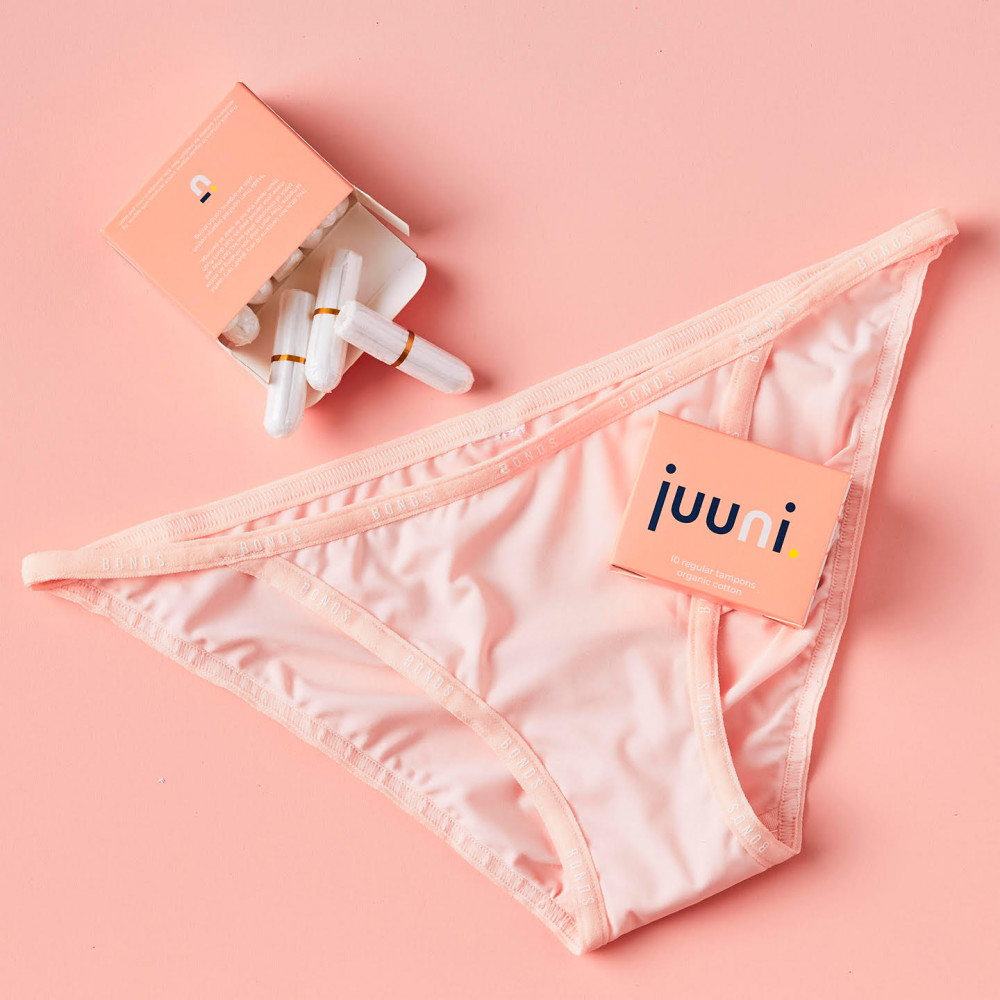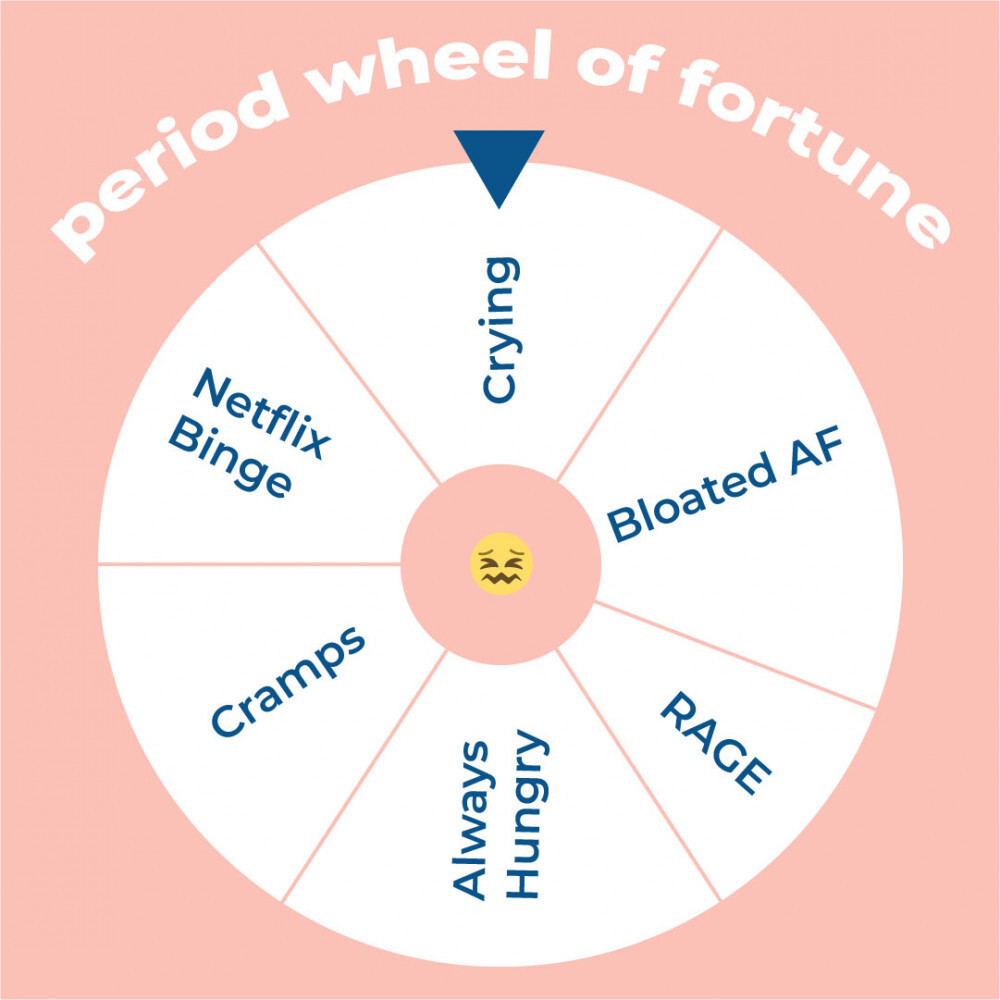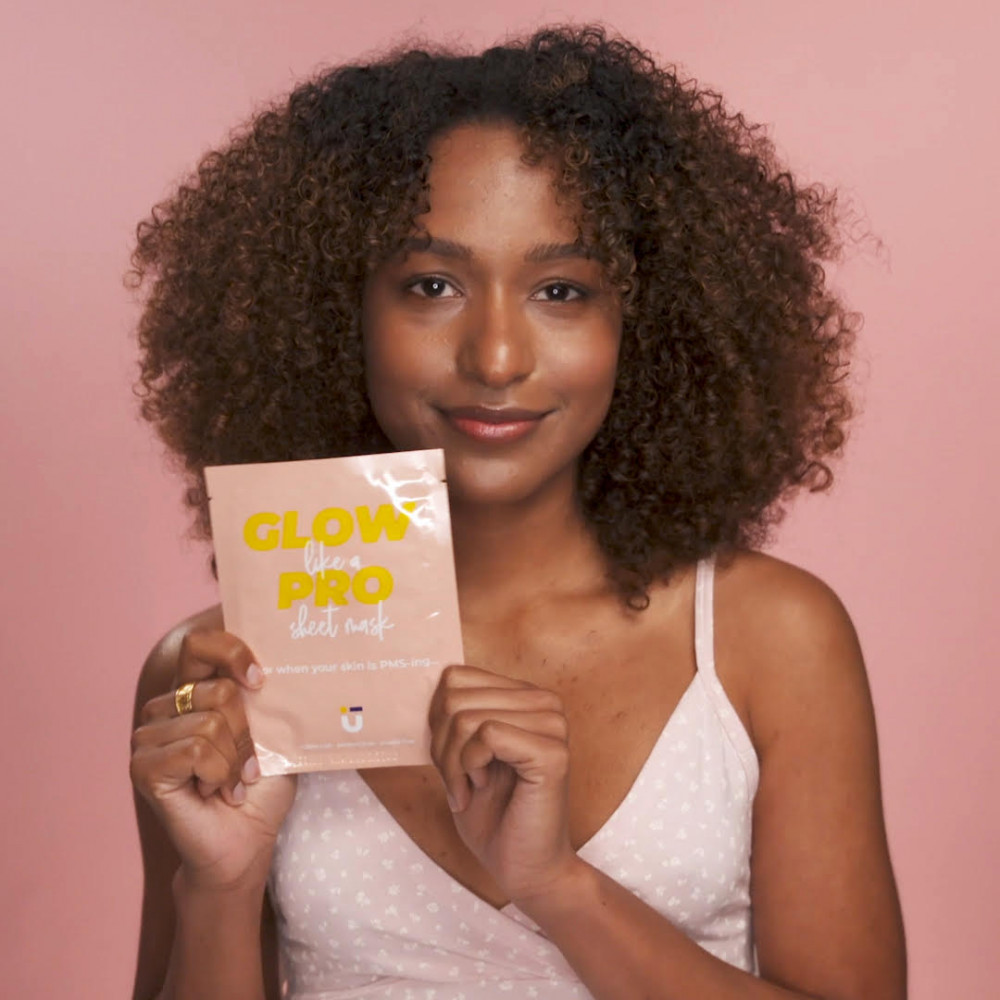Harry Potter author JK Rowling recently took issue with the term ‘people who menstruate’, tweeting: “I’m sure there used to be a word for those people. Someone help me out. Wumben? Wimpund? Woomud?”
What she didn’t bank on with this (in retrospect) flippant observation was the huge backlash she would get, not only from the transgender and non-binary community, but the wider population who want to see inclusion and non-discrimination as part of daily life.
So what are we actually talking about? It’s basically about trans men (born in a female body) and non-binary people (who don’t identify as either male nor female) getting periods. Periods and womanhood may be intrinsically linked, but that’s not the end of the story. Menstruation can be an incredibly difficult time for people who don’t identify as female. I mean, it’s hard enough, right? Then add that next level of anxiety and confusion – the discomfort with your assigned biological sex, known as dysphoria.
On a practical level, menstruation being presumed the exclusive turf of cis women (those whose gender identity matches their sex assigned at birth) makes life pretty tricky in areas such as public bathrooms, healthcare, pharmacies (feminine hygiene, anyone?) and anywhere else you might buy tampons. (On a side note, anyone who thinks men shouldn’t be buying period products is ridiculous in our book, whether he’s buying them for himself or someone else.)
While we do not attempt to speak on behalf of the trans and non-binary communities, we do stand with them. Remember, although the vast majority of people who buy our products may be born and live female, we are here for ALL people who menstruate. We are a very small start-up business. Please judge us by our hearts, not our pronouns.
Maybe think about it this way. A woman who doesn’t menstruate is still a woman. Womanhood isn’t dictated by menstruation, and nor should anything else be.





